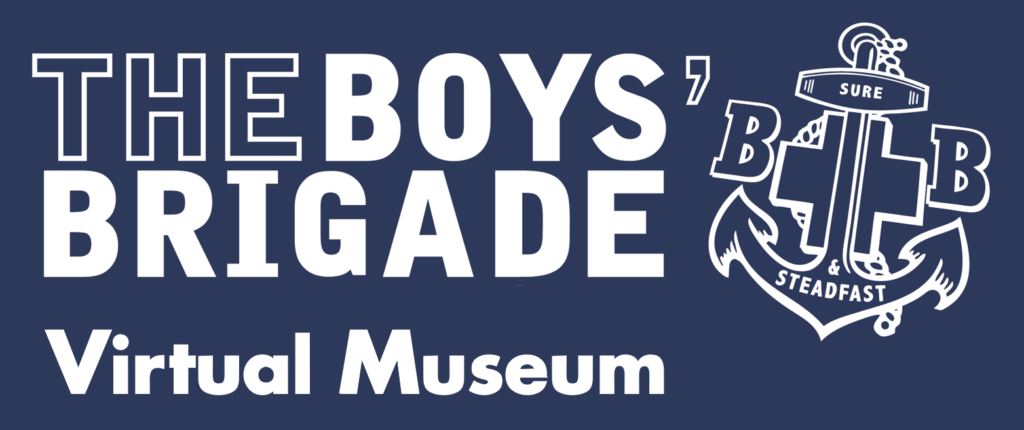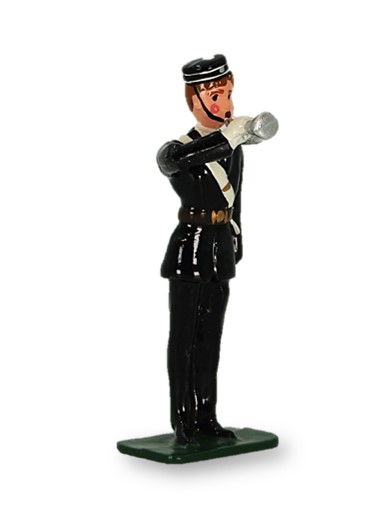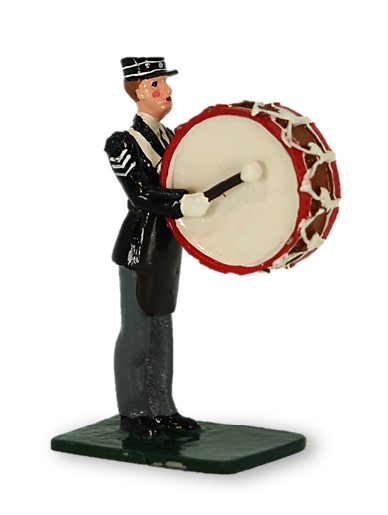Pan Australian Camps
In 1963, the first Pan Australian Camp (PA Camp) was organised by Max Gray, Captain of the 37th NSW Burnwood Company. The first in what was to become a tri-annual event, was originally designed to be a low-cost holiday for BB Boys, and from the onset, City discovery tours were an integral part of the camp itinery. The 1st Pan Australian Camp held at Narrabeen, New South Wales, included tours of Sydney, and by the 3rd PA Camp, the format and structure of the camp program was formalised with the introduction of the PentaPAC Awards programme, of which the city tours were an integral part of the Awards.
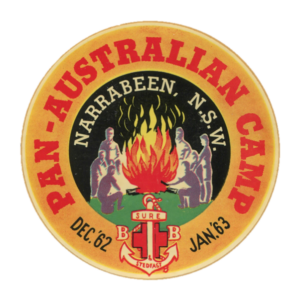
The PentaPAC Award, was first awarded for proficiency in Bible Studies, Assault Course, Discover Sydney, Compass and Cricket Ball throw. Cliff abseiling was a major feature of this camp, and a special abseiling badge was issued for those that participated. The rugged outdoor activities, were a common theme amongst early camps, and not more so than the 4th PA Camp. To date this is the only camp held outside of Australia, and was held at Rabaul, in the then Australian Territory of Papua New Guinea, between December 1971 and January 1972. Getting over 400 Campers to site required the biggest airlift in Papua New Guinea since the end of World War Two. The 5th PA Camp continued to provide for some separation in the adventure activities for younger boys and more senior boys, the Senior Cradle Mountain Expedition and Junior Mount Roland climb. Seniors city nights out were introduced at the 9th PA Camp, and this encouraged boys to attend two camps during the BB career once as a camp junior and then three years later as a camp senior.
During the late 1970’s and early 1980’s, attendance at camp continued to rise, with more than 800 Campers at the 7th PA Camp in Melbourne, followed by a record 1400 Boys and Officers attending the 8th PA Camp in December 1983, which was also the culmination of a year of Boys Brigade World Centenary Celebrations.
The 10th PA Camp formally developed the concept of Volunteers where BB families, and Officers who were unable to attend Camp, assisted in preparation, canteen, security and many other roles contributing to the Camp’s success. Every Camp has drawn heavily on the local/state BB Companies for the provision of resources, venues and personnel. This has required tremendous dedication from the host state during the three year PA Camp planning cycle. Whilst a National Committee used to plan and direct each Camp from Sydney, this process is now totally managed by the host state on behalf of Boys’ Brigade Australia.
